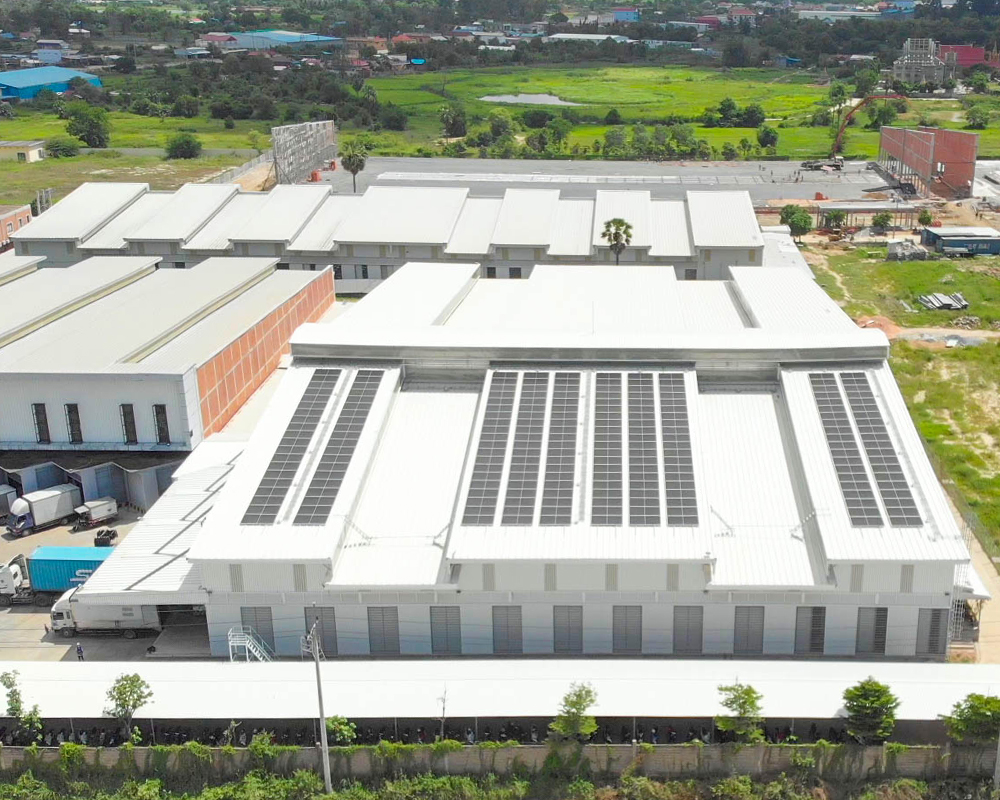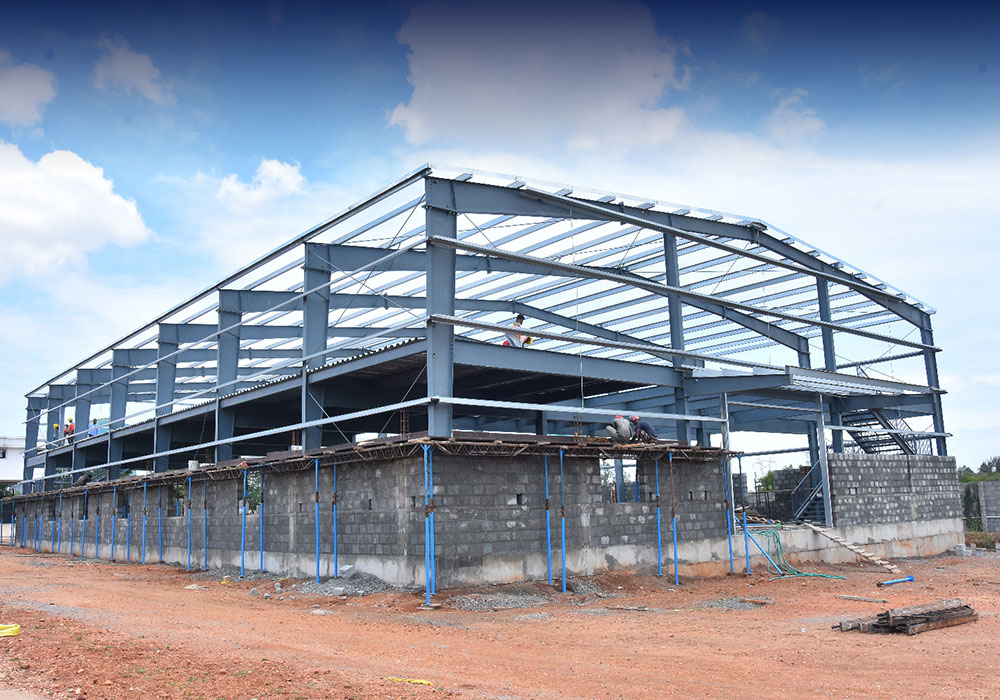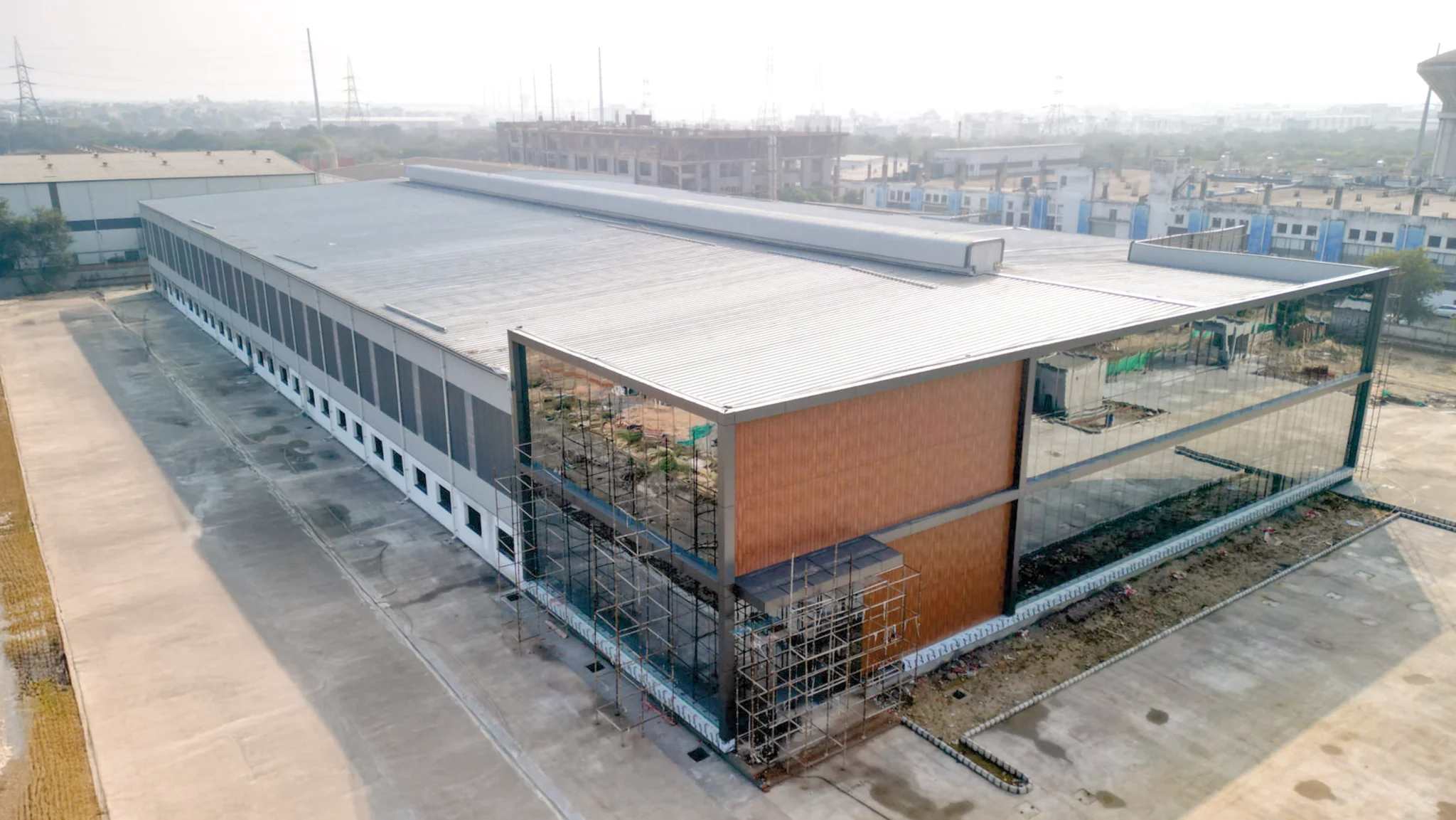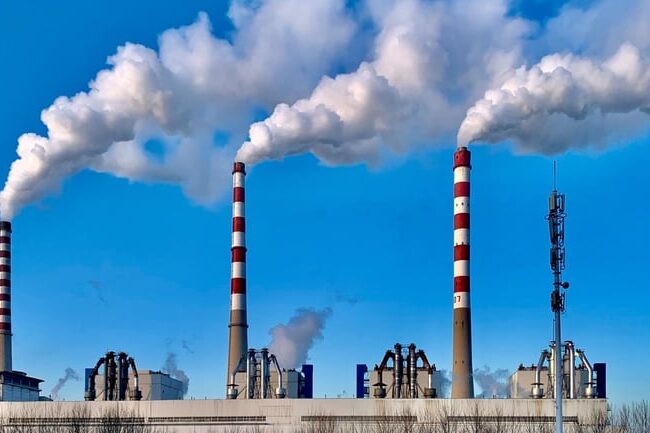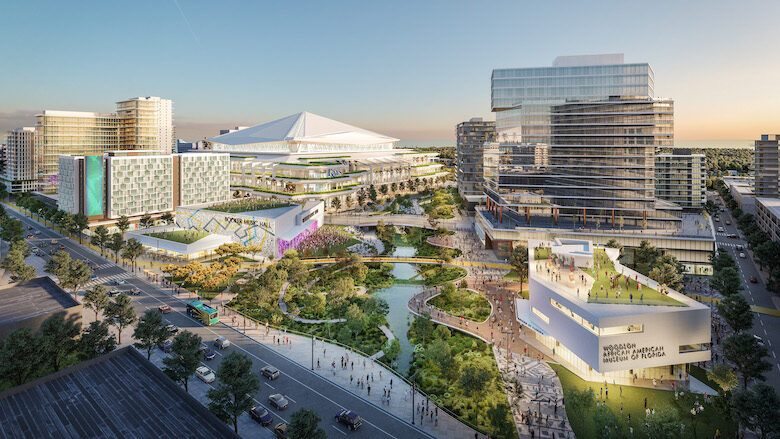
Tampa Bay Rays Withdraw from $1.3B Ballpark Plan
[ad_1]

Major League Baseball’s Tampa Bay Rays are withdrawing from a plan to construct a $1.3-billion ballpark, citing hurricane impacts to the existing Tropicana Field and other factors, leaving the new stadium and a related mega-development in limbo.
Stuart Sternberg, Rays principal owner, said in a March 13 statement that the team can’t move forward with the new ballpark due to “a series of events beginning in October that no one could have anticipated.”
Construction on the 30,000-seat ballpark was originally scheduled for a late 2024 start, but sorting out repairs following damage to the team’s current home, Tropicana Field, from Hurricane Milton in October 2024 led the Pinellas County Board of Commissioners to defer a vote for its portion of funding for the stadium project until last November.
As ENR previously reported, that delay meant new county board members, and led the team to believe it didn’t have the necessary votes to advance the ballpark plan—and in November, the board pushed the vote out another month.
According to the Rays, the first deferral pushed the project behind schedule to the point of missing its original target of completion ahead of the 2028 baseball season, resulting in “significantly higher costs that we are not able to absorb alone,” per a letter from the team to county officials at the time.
St. Petersburg is moving forward with its plans to repair Tropicana Field in time for the 2026 baseball season, per the Rays’ announcement, a plan expected to cost $55.7 million and for which the city signed on Atlanta-based Associated Space Design Inc. and St. Petersburg-based Hennessy Construction Services Corp. In the meantime, the Rays will play at Tampa’s Steinbrenner Field.
The $1.3-billion ballpark project was set to be funded via $770 million from the Rays, $312.5 million from Pinellas County and $287.5 million from St. Petersburg.
At the December meeting, county commissioners passed two resolutions in split votes to authorize $335 million in bonds and realign funds for the stadium, set to be designed by Populous and constructed by Mortenson. The project was first announced in 2023, with the Rays and St. Petersburg planning a public-private partnership to construct the ballpark, which was set to anchor more than $6.5 billion in development over 20 years to revitalize the city’s Historic Gas Plant District.
Pinellas County gave no comment on the move as of March 14, while a March 13 statement from St. Petersburg Mayor Ken Welch says the decision is “a major disappointment but not unexpected.”
Welch says also that the canceling of the ballpark doesn’t mean the end for the Historic Gas Plant District (HGPD) project, saying St. Petersburg “will continue to pursue all avenues that will help us deliver” it, including without a “baseball partner” if needed.
“We will move forward on the equitable economic development of the HGPD, honoring the 40-year-old promise of inclusive economic development on this historic land,” Welch says in the statement. “We will consider a phased approach, accounting for the city’s obligations under the current use agreement.”
Aiming to revitalize an African American neighborhood that suffered displacement with the construction of Tropicana Field in the 1980s, the Gas Plant District project is being led by the Hines Historic Gas Plant Partnership, led by Houston-based developer Hines. Plans call for residential, office, meeting, hotel and retail space, as well as museum and civic space and open areas.
It’s unclear how the team’s decision to pull out of the stadium will affect the Gas District development. Hines declined to comment on how the Rays’ decision may impact the project.
“Our commitment to the vitality and success of the Rays organization is unwavering,” says Sternberg in the March 13 statement. “We continue to focus on finding a ballpark solution that serves the best interests of our region, Major League Baseball and our organization.”
It’s not the first time plans have fizzled for a new ballpark for the Rays. In 2009, plans for a waterfront stadium were nixed, and in 2018, plans for relocating to Ybor City came and went, per local news station Bay News 9. In 2022, the MLB denied a plan for the team to split its time between Florida and Montreal.
[ad_2]
Source link
Post a Comment
You must be logged in to post a comment.



